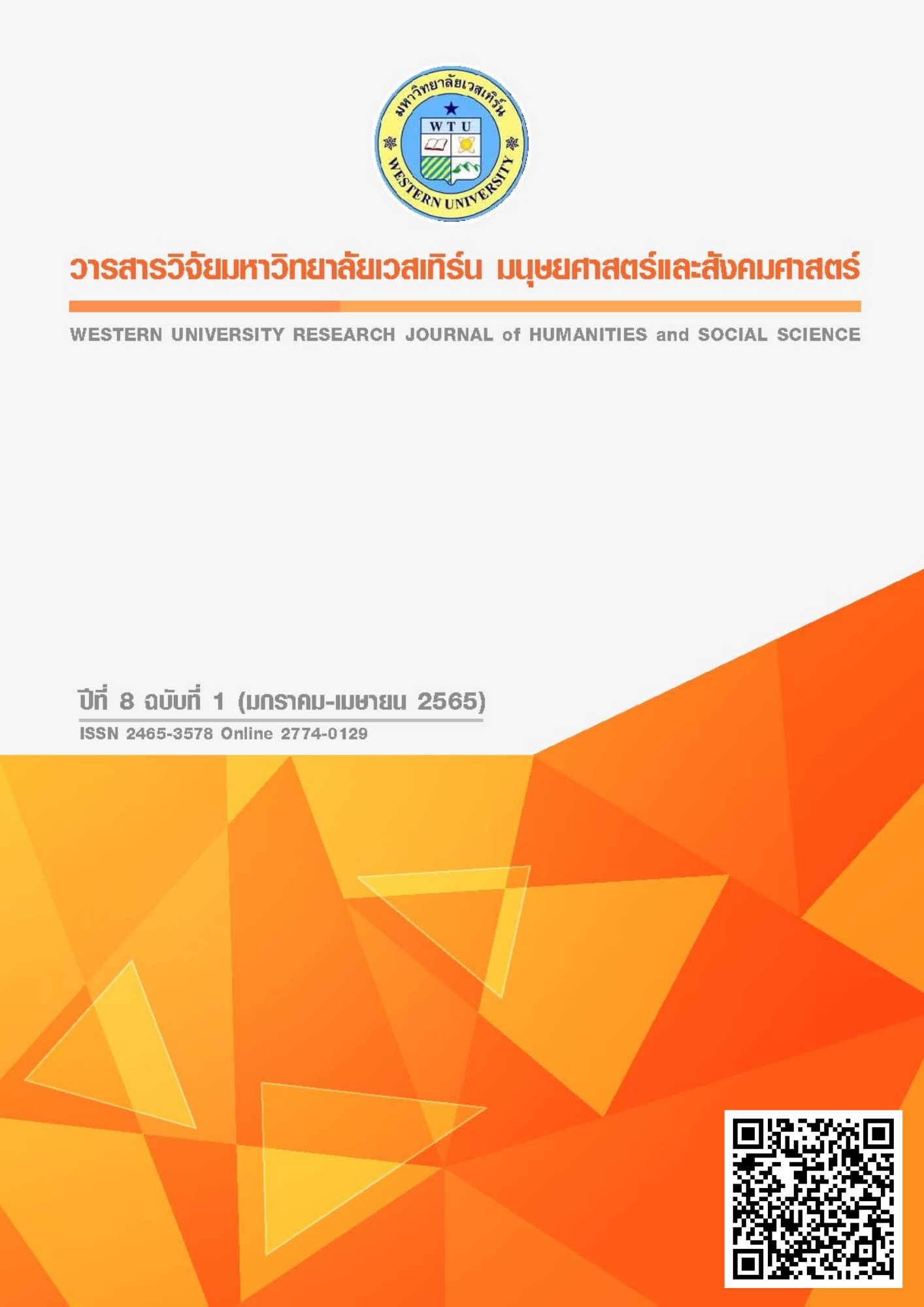Impact of Residents’ Intention to Participate in Community-Based Tourism Development
Main Article Content
บทคัดย่อ
The development of tourism makes the marginalized but distinctive poor rural areas get certain government support and economic benefits. The study took the investigation method of non-random and simple sampling when giving out questionnaires. The study found out the layers of touring intention of residents in communities, analyses the three factors. The study detects the factors that can affect residents’ intention of repeated touring. They are the external environment of touring, the participation of residents, tourism perception and tourism satisfaction of community residents. Through regression analysis, it is proved that there is a positive relationship between the factors that can affect tourism participation and tourism perceptions and tourism intention; there is no obvious relationship between tourism satisfaction and willing of participation. The suggestions were strengthening the tourists’ intention in making decisions and protection of environment and culture, enhancing the willing of participation for tourists of type of guardian, improving the willing of participation for tourists of type of apathetic.
Article Details

อนุญาตภายใต้เงื่อนไข Creative Commons Attribution-NonCommercial-NoDerivatives 4.0 International License.
เอกสารอ้างอิง
Bao Jigang, Chu Yifang. (1999).Tourism Geography. Beijing: Higher Education Press,
Li Zhangna, Liu Hailing. (2014). Analysis on the influencing factors of community tourism development: A case study of Baihuazhou district in Jinan. Tourism World · Tourism Development Research, (6), 21-28.
Liu Jing, Miao Hong, Ouyang Zhiyun. (2008). Effects of community management on nature reserves. Biodiv Sci, (04), 389-398.
Magee, M. P. (2008). Civic participation and social capital: a social network analysis in two American counties. Social Capital: An International Research Program, 308-331.
Peng Min, Fu Hua. (2007). Study on rural community participation in Tourism development in China. Chinese Agricultural Science Bulletin, 23(1), 172-175.
Slinger, V. (2000). Ecotourism in the last indigenous Caribbean community. Annals of tourism research, 27(2), 520-523.


